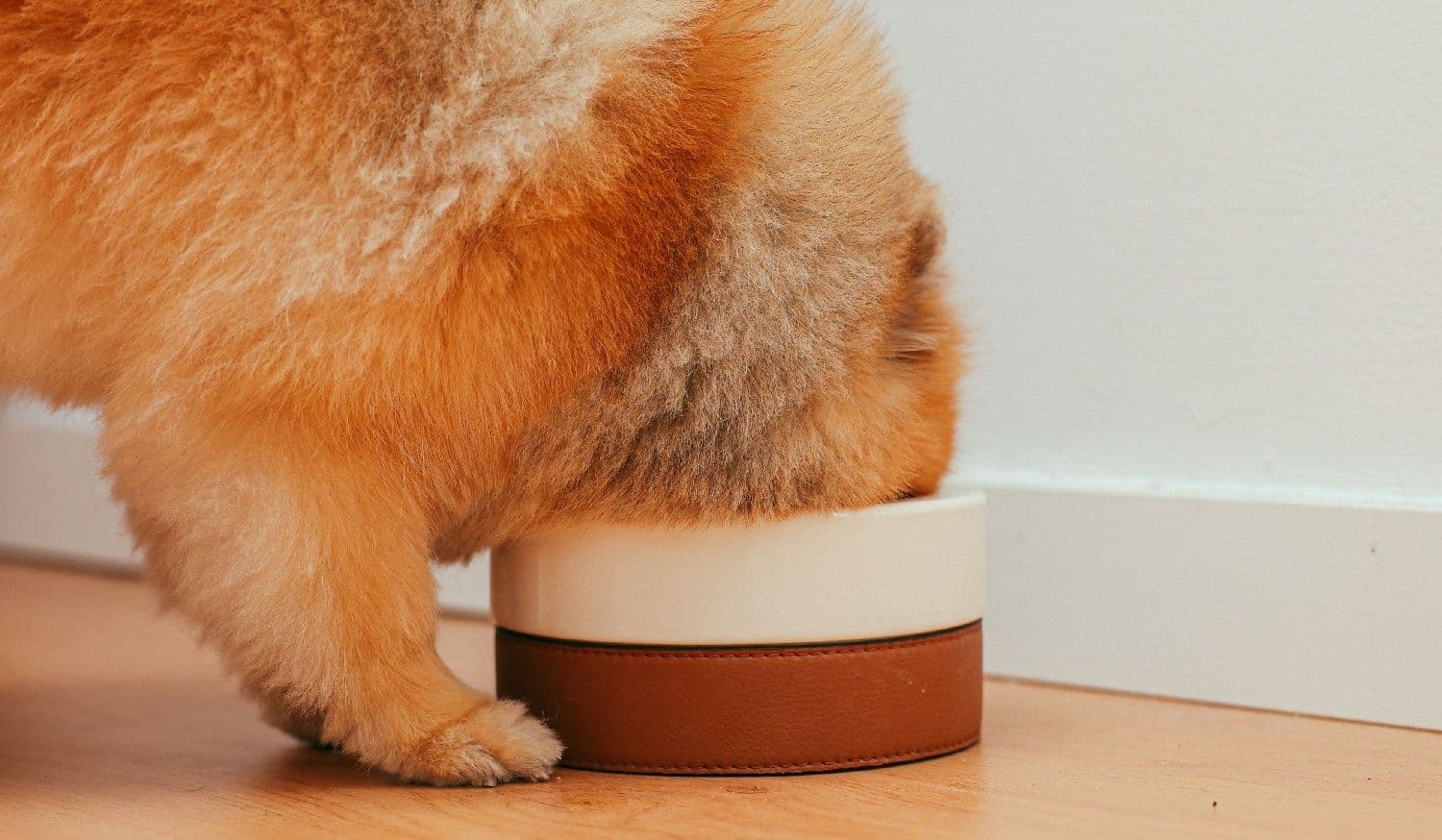Choosing Between Dry and Wet Dog Food
There is no definitive answer when choosing between dry and wet dog food. Each type has its own health benefits, so the choice depends on your dog's individual needs. The most important factor is that your dog is getting the nutrients it requires.
Dental Health
One advantage of dry foods over wet foods is the crunch factor. The hard, crunchy kibble scrapes your dog's teeth and cleans away plaque and tartar that can damage its mouth. It also strengthens your dog’s jaws, making dry food a strong contender in even the most intense games of tug-of-war. If your dog doesn't enjoy chewing on hard toys, or you want to promote healthier teeth and gums, dry food might be the best choice.
Calorie Content
Contrary to its reputation as a treat, wet food is generally less fattening than dry food. It typically contains only half the calories, making it a satisfying meal for overweight animals. When you feed your dog wet food, it can eat more without gaining weight, as it would if it ate dry food. If your dog loves to chew but you don't want its weight to increase, wet food might be the solution.
Hydration
Wet foods are moist because they're mixed with water. Increasing your dog's water intake is always beneficial, and wet food promotes proper hydration. If your dog isn't getting enough water, it could suffer from dehydration or even a urinary tract infection. When it consumes moist foods, its body absorbs a lot of moisture, which keeps everything functioning smoothly.
Delicate Constitutions or Conditions
Some dogs may struggle to eat dry food. This could be due to their physical condition. For example, if your dog has broken or missing teeth, it may not be able to break down crunchy food. It may even have a weak jaw, which makes dry food too difficult to eat. A sensitive stomach can also prevent your dog from eating dry foods; veterinarians sometimes recommend a switch to wet food because it's easier on the digestive system. If your dog regularly refuses dry kibble, it's time to consult an expert to see if there's a physiological reason.
Conclusion
Dry food is better for dental health as it can scrape away plaque, tartar, and other dental buildup. It is also cheaper, has a longer shelf life and can be left out throughout the day. However, wet food has a higher water content and is more filling despite containing fewer calories. It is also more appealing and easier to eat for dogs with dental problems or other delicate conditions.
For more information, talk to one of our Pet Experts and get customized advice by submitting a request in our Mavyn website.
